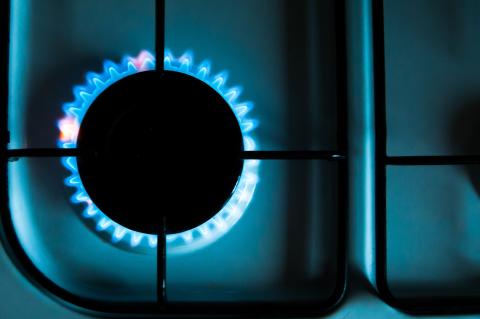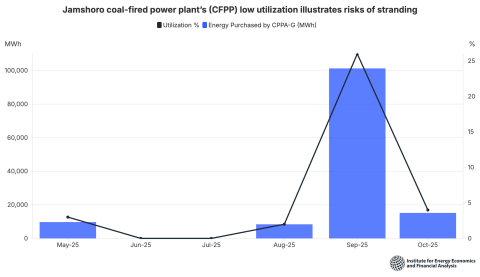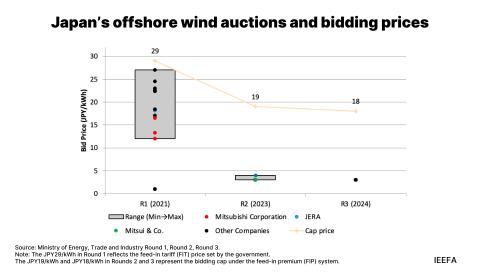UN international legally binding instrument to end plastic pollution: Considerations for the final round of negotiations
Download Briefing Note
View Press Release

Key Findings
Markets for the core feedstocks of virgin plastics are currently oversupplied, creating market instability and decreased profits.
Petrochemical producers, the linchpin of plastics production, risk credit rating scrutiny due to their failure to prepare for market and policy changes.
Trade should be considered an inherent element in establishing these global and national targets and a key element in supporting both the instrument's efficacy and market stabilization.
Implementing a production cap could smooth out current and structural market imbalances.
Introduction
In August 2025, the final round of negotiations for an international legally binding instrument (ILBI) to end plastic pollution will take place. This document presents an economic analysis of plastic market trends with a view to inform the negotiations.
The briefing note considers the structural decline in the petrochemical industry, its stressed financials, and reduced confidence of credit rating agencies in the industry. Based on this market analysis it identifies the value of primary plastic polymers and the need for a production cap. It also suggests that the global nature of the polymers will require trade provisions to ensure that the ILBI is fit for purpose.















